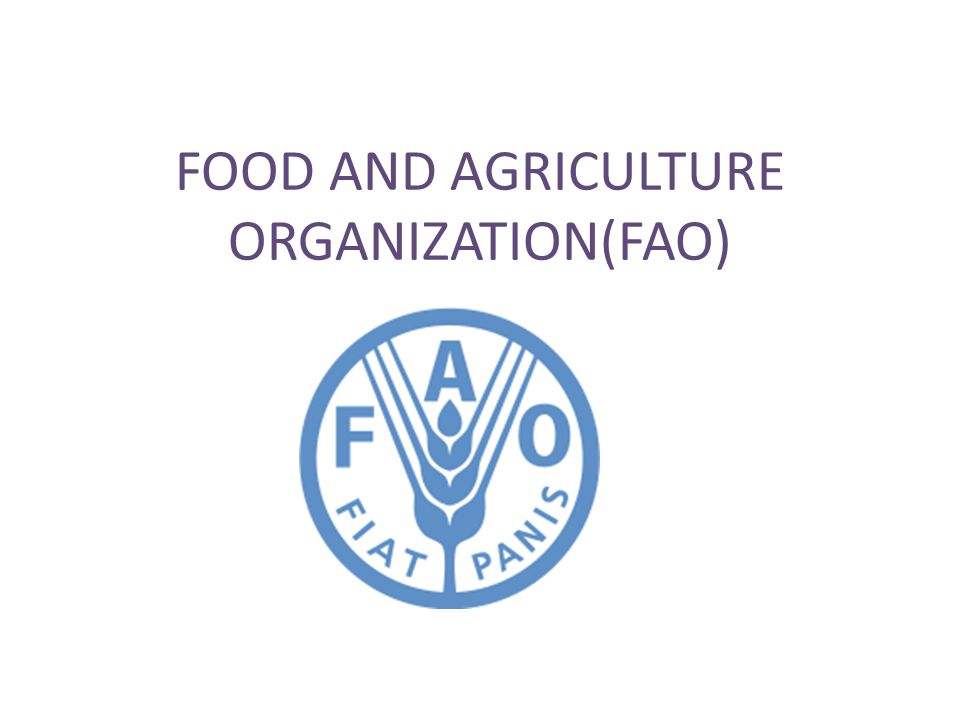


Meat, eggs and milk are important sources of many essential nutrients that are not readily available from plant-based foods, according to a new report by the Food and Agriculture Organization of the United Nations (FAO) entitled "Contribution of terrestrial animal source food to healthy diets for improved nutrition and health outcomes". These nutrients are especially important during key life stages such as pregnancy and lactation, childhood, adolescence and old age.
The report, which draws on data and evidence from more than 500 scientific papers and some 250 policy documents, is the most comprehensive analysis to date of the benefits and risks of eating foods of animal origin.
Meat, eggs and milk are important sources of a range of macronutrients, including protein, fat and carbohydrates, as well as many micronutrients, while plant-based foods struggle to provide sufficient amounts of good nutrients, the report said. Terrestrial animal-derived foods are rich in high quality protein, various essential fatty acids, iron, calcium, zinc, selenium, vitamin B12, choline and carnitine, creatine, taurine and other bioactive compounds, which are very important for health and development.
Iron deficiency and vitamin A deficiency are two of the most common micronutrient deficiencies in the world, especially in children and pregnant women. Globally, more than half of pre-school children (372 million) and 1.2 billion women of childbearing age are deficient in at least one of three micronutrients: iron, vitamin A or zinc. Three quarters of these children live in South and East Asia, the Pacific and sub-Saharan Africa.
According to the report, the consumption of terrestrial animal-derived foods, including milk, eggs and meat, varies significantly around the world. Per capita milk consumption in the Democratic Republic of Congo is only 160 grams per year, while in Montenegro it is 338 kilograms. The average person in South Sudan consumes two grams of eggs a year, while the average person in Hong Kong consumes 25 kilograms. The average person in Burundi consumes just 3kg of meat a year, compared with 136kg in Hong Kong.
Its role in achieving the Sustainable Development Goals
Appropriate combinations of some animal-derived foods in diets contribute to the achievement of the nutrition goals set out in the World Health Assembly and the Sustainable Development Goals, including reducing the incidence of non-communicable diseases such as stunting and wasting in children under five, low birth weight, anaemia in women of childbearing age and obesity in adults.
At the same time, FAO Deputy Director-General Maria Helena Semedo and chief economist Maximo Torrello Cullen wrote in the foreword to the report that the livestock sector "must contribute to addressing a range of challenges."
"These include issues related to the environment (e.g., deforestation, land-use change, greenhouse gas emissions, unsustainable water and land use practices, pollution, competition for food between humans and animals, etc.), herd management challenges (e.g., low productivity, overgrazing, poor animal welfare, etc.), issues related to animal health (e.g., diseases, antimicrobial resistance, etc.), and with humans and livestock Co-existing issues (such as zoonoses and foodborne diseases) and social issues (such as equity)."
Risk
On the risks associated with eating animal-derived foods, the report says eating even small amounts of processed red meat increases the risk of death and chronic diseases, including cardiovascular disease and colorectal cancer. However, moderate consumption of unprocessed red meat (9g to 71g per day), while also likely to carry a very low risk, is considered to be within the safe range of chronic disease.
At the same time, no clear association (milk) or minimal effect (eggs and poultry) has been found between the consumption of milk, eggs and poultry in healthy adults and diseases such as coronary heart disease, stroke and hypertension.
The recently convened first session of the Livestock Sub-Committee of the FAO Commission on Agriculture encouraged Governments to adjust national dietary guidelines, taking into account, as appropriate, the contribution of meat, eggs and milk to specific nutritional needs over the course of human life.
Need help or have a question?
Send mail